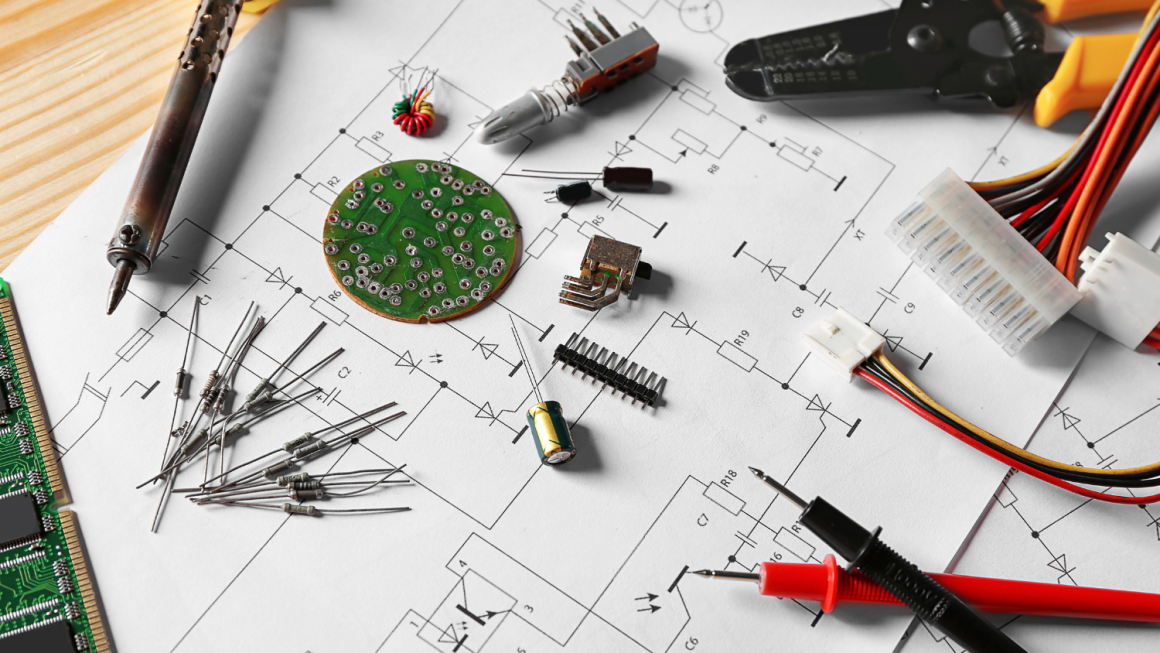According to a study, human error accounts for 23% of all unscheduled downtime in manufacturing, in comparison to as little as 9% in other industries.
The mistakes do not belong to a specific industry, revenue, or size – they are largely universal. When you make these mistakes in manufacturing time and time again, your company’s culture and productivity suffer.
Also, you do not engage your employees, which permeates the company’s success. It’s vital to acknowledge that mistakes will occur. But, manufacturers should aim to make a few improvements.
Continue reading to know the seven mistakes manufacturers can make and how to avoid them.
1. Slacking on Manufacturing Equipment Maintenance
You will experience some terrible effects by avoiding manufacturing equipment maintenance. Some faulty equipment can be a health and safety danger when you do not fix them. But, they will affect quality, leading to poor quality products.
Aim to service your equipment often. You check for faults when doing maintenance. Once you identify any faults in the equipment, take action fast. Repair or replace the faulty machinery.
Delaying repairs will cause the faults to be worse, so make sure to focus on equipment repairs. To avoid disrupting your day-to-day business, have the repairs done during off normal business hours.
It is vital to keep all the equipment clean through servicing and repairs. By cleaning the equipment, you avoid damages due to dust and dirt and create a good visual impression.
2. Not Integrating Software for Manufacturing
Every manufacturer will enjoy software integration. Use software like Acumatica word order management. The software helps you organize your manufacturing process.
Also, some supply chain and accounting software are vital in handling your expenses. Various manufacturers are now using software to help in servicing and maintaining machinery.
Using equipment with a smart sensor can then use the software. The software helps to detect faults early, which helps in preventing costly breakdowns.
You risk running a less efficient business when you do not integrate software.
It calls for a level of investment. But handling software programs make it easier to prevent blunders and errors.
3. Rushing Manufacturing Training for Employees
Lack of proper employees training is a huge no-no. It is crucial to have thorough manufacturing training for employees. Rushing or not having the training process will lead to human errors.
Various mistakes can be costly to repair, while others could be a health risk. Try investing both time and money into training your staff to cut mistakes.
On top of the training, it will be worth it to use supply handbooks and signage to guide your employees. Note that any company changes may need training for all your staff again.
Never expect your staff to use new machinery with new processes without even a briefing. Routine training is necessary to enhance skill sets.
Also, ensure you have a detailed plan for new employees’ training. Continued education will improve your company’s culture even more.
4. Not Adopting New Manufacturing Technology
For the past 20 years, transformations have been due to advancing technology. For instance, smart sensors in equipment will predict errors before they happen.
Also, we can now automate several manufacturing processes. New manufacturing technology helps in improving productivity and lowering production costs.
Despite the clear advantages, some firms are still not adopting new manufacturing technology.
That is so because it takes time and patience to learn how to use and install this technology. Companies tend to rely more on the practices they have been using for decades.
It’s true, change will be tricky and scary, but it is necessary. New manufacturing technology will help keep up with your competitors. You also meet the ever-increasing customers’ demands.
5. Skimping on Equipment
Note that your merchandise will be as good quality as your production equipment. Not all inexpensive equipment produces poor quality. But, a big percentage is likely not suitable for your needs.
The poor quality equipment will include old equipment that is not in its best condition. Also, some budget equipment may not be for industrial use.
The best choice is to have mid-range equipment. But, always rely on the equipment reviews. If you want to order custom-made equipment, check the manufacturer’s reviews.
Look into reviews of a pre-existing machine you wish to get for your business. You don’t need to pay a lot of cash for the most expensive equipment in the market.
Some high-end equipment may be specialists, and you could be buying a load of features you will never use. Mid-range equipment will provide quality unless you are producing premium products.
You may also invest in prototypes to test the end product you desire. Read more about prototype manufacturing in this article.
6. Not Enough Diversification
Many manufacturers make the mistake of selecting a niche that is too specific. That will make finding potential customers a lot harder.
Do not fear to diversify a little. For instance, consider other products if you use injection molding to produce combs. You can produce bottle caps, toys, car parts, and chairs.
You can even buy new equipment like a 3D printer. You can use various materials to expand your production options.
Of course, you should not make a too huge leap until you forget your brand identity. But, there will be no harm in branching out a little.
7. Using Wrong Manufacturing Strategies
Remember your customer base since manufacturing companies are exclusive B2B (Business-to-Business). As a result, you will have little benefits when you focus on B2C (Business-to-Consumer).
For instance, a Facebook marketing strategy works for other companies. But, it will not work effectively for manufacturing companies.
Instead, focus on other marketing strategies. You can use email lists, video marketing, and SEO (Search Engine Optimization).
Avoid the Above Mistakes in Manufacturing
Productivity and efficiency improve once you avoid mistakes in manufacturing. Also, you empower your employees.
Employees may take extra time past their job duties to learn new manufacturing processes. Your business will absorb lean principles and standardization while becoming a world-class manufacturer.
The business floor will be a better working environment. Do not be the company that makes the above disadvantageous mistakes. Aim to value and educate your staff who want success in the business.
Check out other blog posts in our website for more information about manufacturers.



